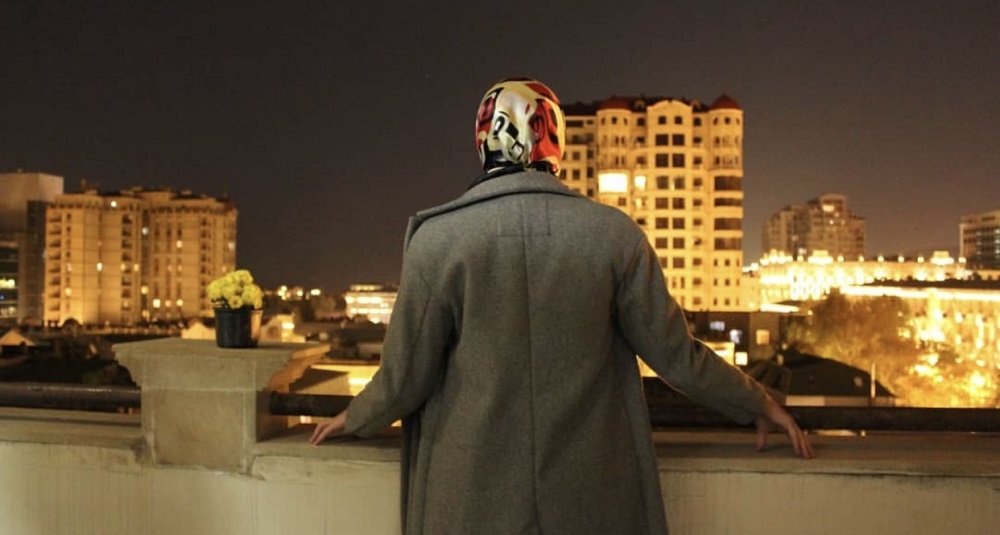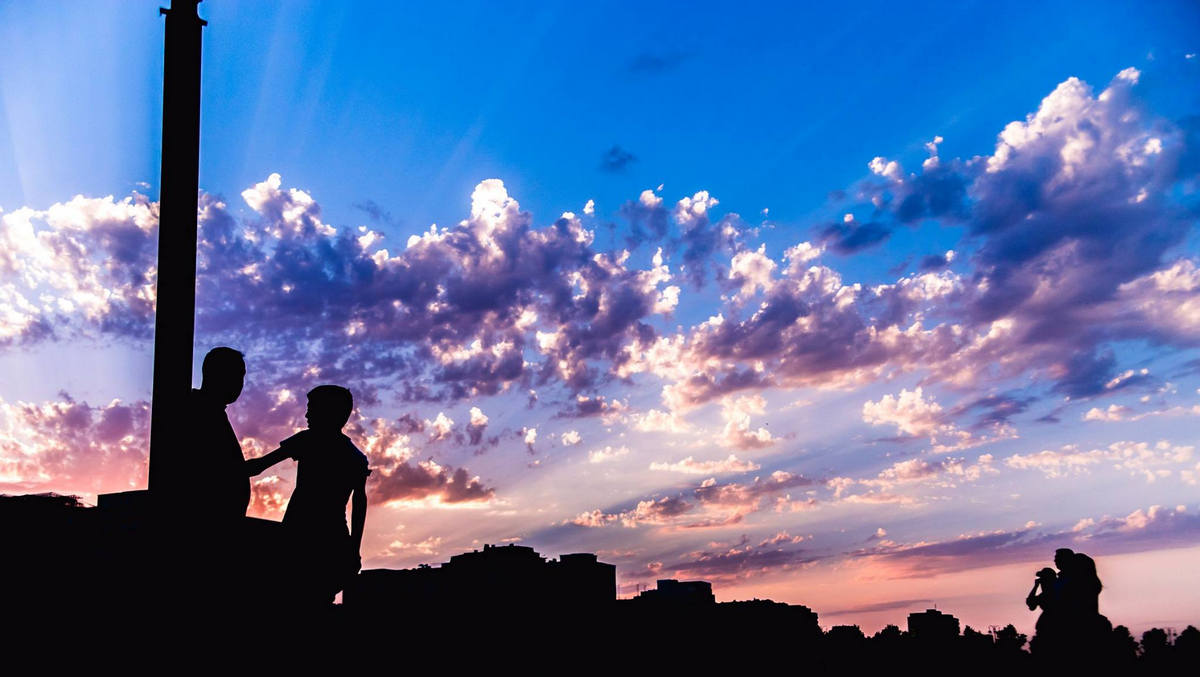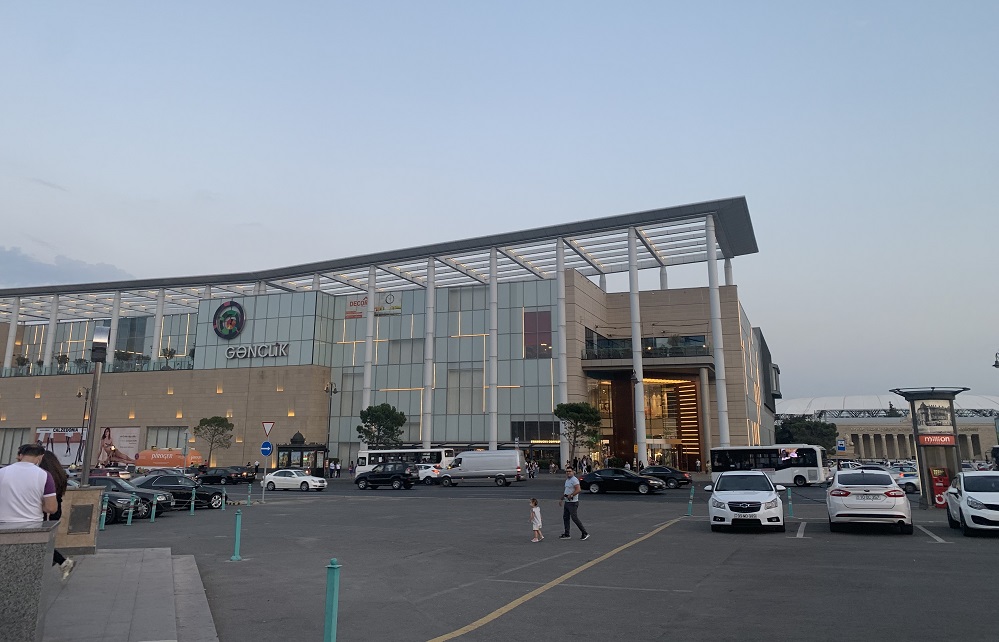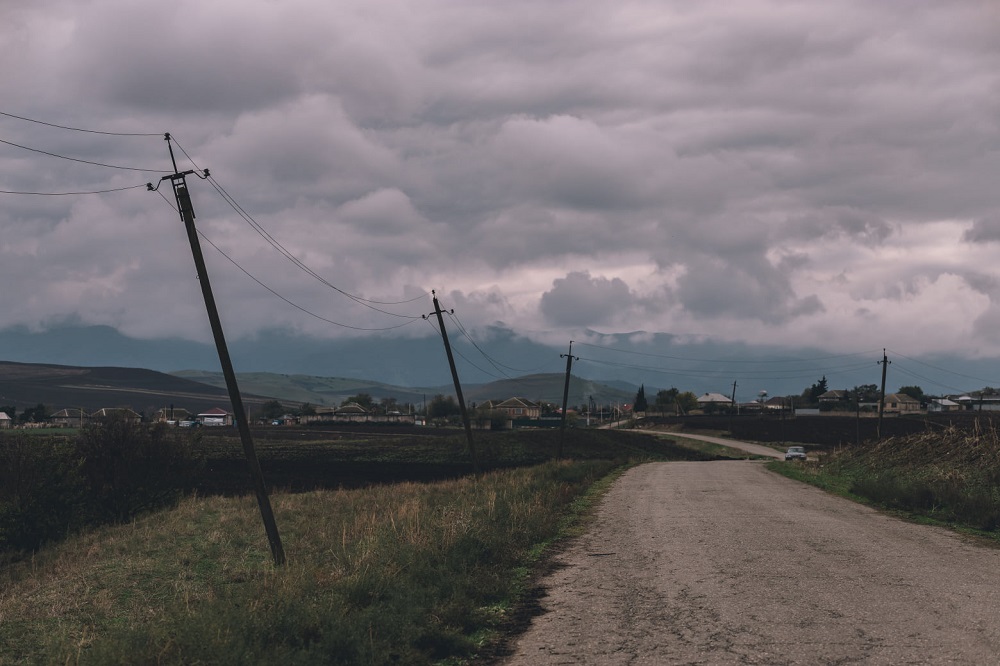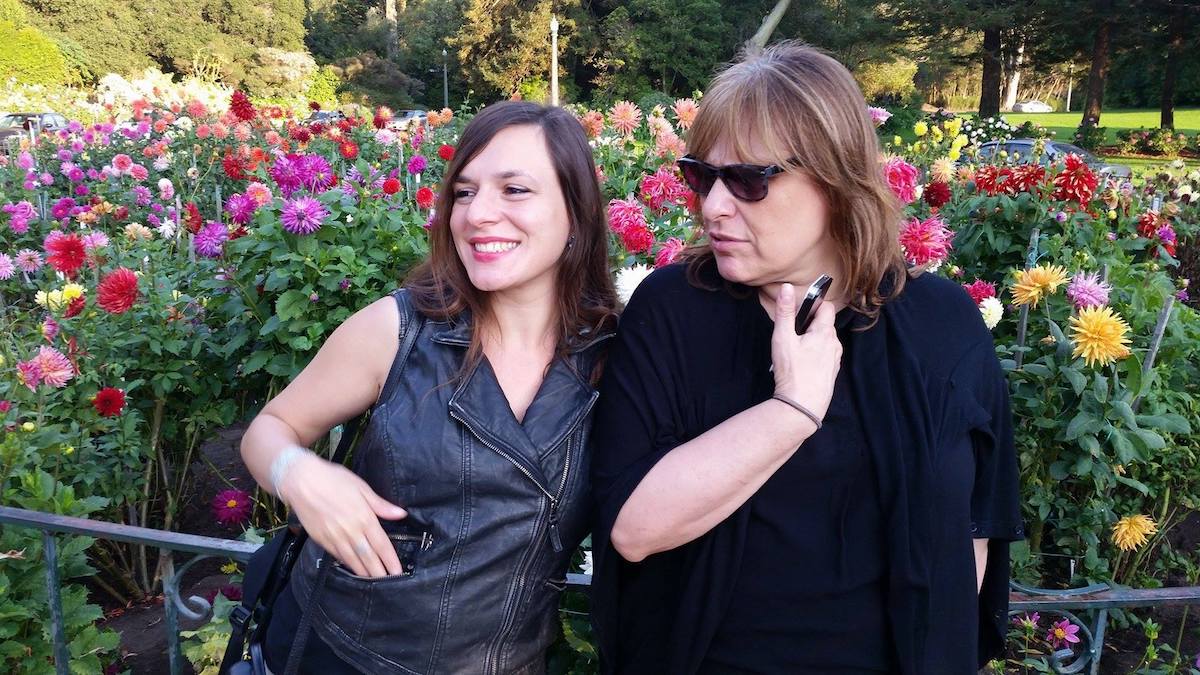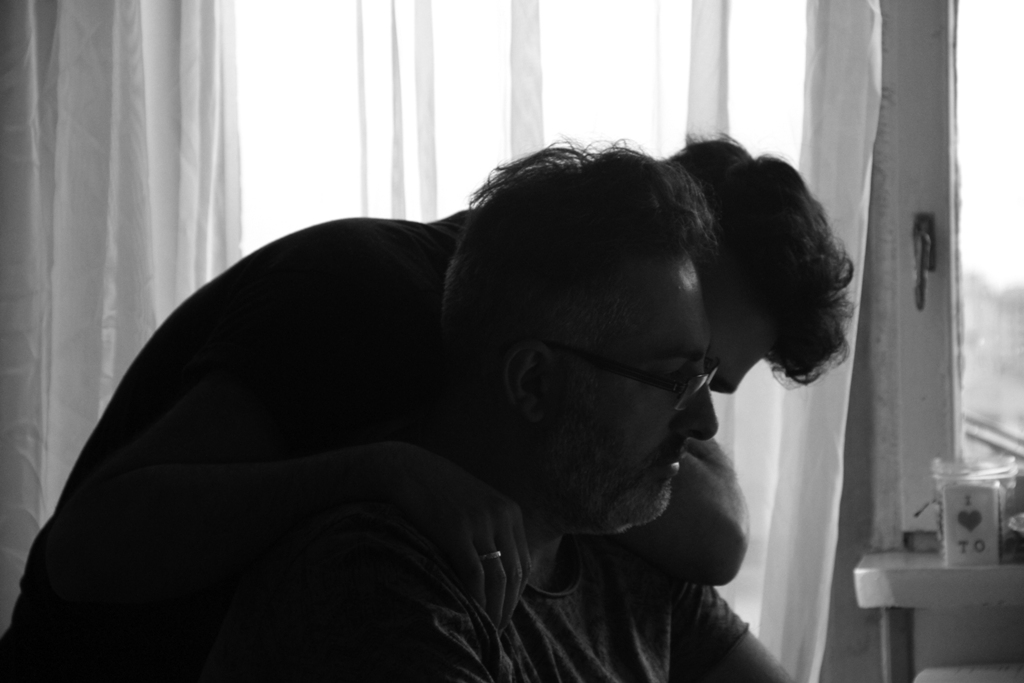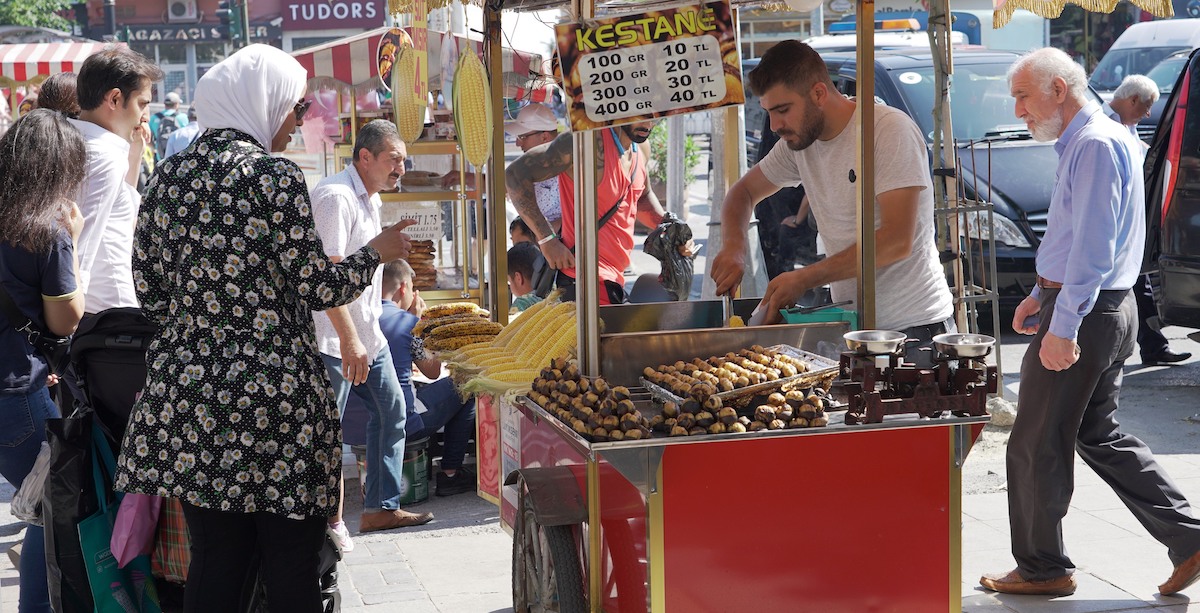How homosexuals live in the most homophobic country in Europe
Azerbaijan considered most homophobic country in Europe
“From the ages of 13-14, I didn’t hide being queer and so I lost a lot – my comfort zone, family relationships, my security at home, my education.”
Ali Melikov, 17, says that he did not come out on his own, but rather was “outed”. Three or four years ago, he raised money and bought an LGBTQ+ flag which he raised in the hallway at school. Word of this spread fast, and of course his family also found out about it.
- “I was sold for 500 manats” – The fate of transgender people in Azerbaijani prisons
- Inaccurate mental disorder diagnoses and other problems LGBTI+ faces in Azerbaijan
- Baku cinema features local film about LGBTQI+ for the first time in Azerbaijan
“I want my mother to understand”
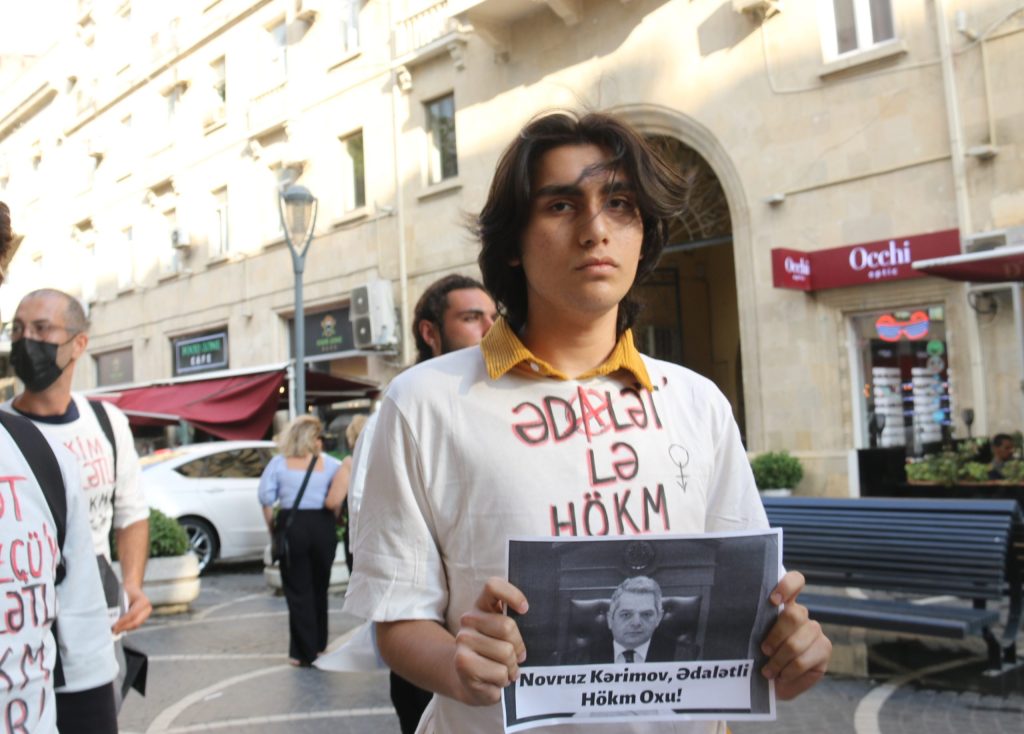
“I wanted it to stay inside the school, I didn’t think it would spread throughout the entire neighborhood. Everyone was shouting “the rooster [local slang for gay – ed.] is coming”, talking about me. The day I raised the flag at school, one came up to me and asked, “Are you one of them too?” I could not answer “yes”, only that I support it. I was worried that something might happen. Should I have told the truth? Maybe I’d be laughed at or beaten up. Was it worth it? This is what you think about.”
Ali says that his family took away his phone after hearing about it. Thus for some time he could not contact anyone.
“Even when I wanted to go somewhere, friends from the yard thought they were doing a good deed and notified my family about it. But my family’s desire to know where I was had nothing to do with the desire to protect me. They thought that I would run away, use someone’s phone and call someone.”
Azerbaijan: the “most homophobic country in Europe”
According to a report by ILGA Europe, in the past few years, including 2022, Azerbaijan has ranked last among 49 countries in Europe in terms of LGBTQ+ rights.
According to the Minority portal, over the past two years three people have been killed in Azerbaijan because of being LGBTQ+. Blogger Avaz Hafizli was one of them. Hafizli was known as an LGBTQ+ rights activist and was open about his orientation.
His killer, his own cousin Amrulla Gulaliyev, explained his actions in court by the fact that Hafizli organized actions to protect the rights of LGBTQ+ and thereby “dishonor his family.”
Prior to his murder, Avaz Hafizli repeatedly contacted law enforcement agencies and stated that his life was in danger after blogger Sevinj Huseynova targeted him in her homophobic speeches. But no one came to his aid.
Underage activist
Now Ali not only does not hide his orientation, but takes part in actions to protect the rights of LGBTQ+ and women, and publishes materials on LGBTQ+ rights on various platforms. His family still have not come to terms with all this, but they are trying to accept the situation as it is.
“Once, when my mother asked, I replied that I was not like that, but the very next day I said that I was like that. Didn’t say what exactly, just said “like that”. She is still unable to accept it, but says nothing.
“I understand that my family did not react as harshly as other Azerbaijani families, and I am surprised and happy about this. But on the other hand, I want more. For example, I would like my mother to understand. Once I took her to an LGBTQ+ event; she said that if you continue to invite my child here, I will report you to the police.”
“Neither mother nor I are to blame, but we are both suffering”
Ali tries to look at the situation through his mother’s eyes, saying that she also has the right to a normal life.
“There is also the issue of her personal safety. She wants to live a normal life. She doesn’t to be talked about behind her back, when they say, “her son is a rooster.” It’s her right, but there are my rights too. Neither of us is to blame, but we are both suffering,” says Ali.
Ali does not consider the place where he lives safe, and for this reason he has been living in another place for a month now, with his friends. He says that not only him, but other queers are subjected to aggression and discrimination in various places.
“LGBTQ+ in Azerbaijan are at the very bottom of the social scale”
“In my opinion, LGBTQ+ in Azerbaijan are at the very bottom of the social scale. That is why they are constantly subjected to violence by dominant groups, especially by heterosexual men,” says Alp Aliyev.
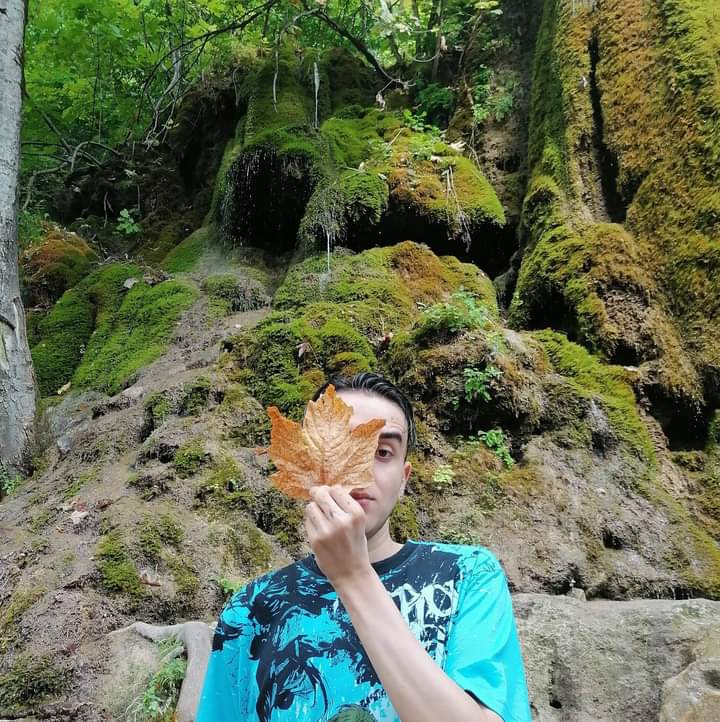
In the first half of 2021, there was news on social media of an increase in attacks against LGBTQ+ people. Alp Aliyev was one of those attacked over his sexual orientation. He says that being LGBTQ+ in Azerbaijan means living under pressure, being subjected to violence, constantly fighting for material self-sufficiency, and abuse everywhere, including on social networks.
“Last year on the eve of Pride Month, I was attacked. In an alley not far from my house, they blocked my path and told me not to go there anymore. They said my clothes were wrong, it was affecting their children.”
Alp Aliyev says that he did not appeal to law enforcement agencies because of this, as previous appeals had not even been considered by the police.
After that incident, Alp tries to protect himself even more from attacks around his house and away from the city center. In order to blend in, he dyed his hair:
“Before that, I was forced to wear a hat when I was out of the center. There is fear because there is no one to protect you. A person acts under the influence of the most primitive instincts of self-preservation. When I walked along the road, I was constantly turning around, trying to avoid people. I was afraid someone would jump out and hurt me”.
All statements received by internal affairs bodies are certainly investigated, regardless of the social and gender identity of the applicant, the head of the media and public relations department of the Ministry of Internal Affairs, Police Major Elshad Hajiyev, says.
“The reason for aggression towards LGBTQ+ is lack of information”
To understand the causes of aggression towards LGBTQ+, the question can be looked at from several angles, social worker Elnur Musaev says. One of the reasons is a lack of awareness not only about LGBTQ+, but also about sexology.
“Lack of information leads to fear. We are afraid of what we do not know, and this gives rise to aggression. The presence of structural violence in society also increases aggression. To reduce aggression, it is necessary to change the system of social services, serious reforms are needed in the education system. Lessons on sexual education should be introduced in schools,” Elnur Musaev believes.
He noted that LGBTQ+ people often face social barriers. They are kicked out from apartments, not hired or dismissed from their jobs after “outing”, even doctors refuse to treat them.
“The head doctor made a remark about my appearance when he found out that I was a guy”
Alp Aliyev also mentions frequent discrimination and prejudice in public places. In one hospital, a doctor chided him because of his appearance and had a conversation about the role of men and women in society.
“The head physician asked me who I actually am, and, having learned that I was a guy, made a remark. I tried to tell him that he was wrong, but he did not listen to me.
“When I tried to complain about the doctors’ treatment of me, the person in charge just chuckled. All this is really unpleasant, and a person does not feel part of society, he feels lonely.
“For example, in the civil service on conscription for military service. Their ridicule was so intense, it just makes one feel totally unsafe.
“As an LGBTQ+, I don’t feel safe in Azerbaijan. There is not even a hope that someday I will be safe here,” Alp laments.
“In the 9th grade, they told me they didn’t want to see me at this school”
Lauren Abbasly, openly transgender, is one of the few people whose family hasn’t turned their backs on them. But she faced bullying at school, and so she had to go to another:
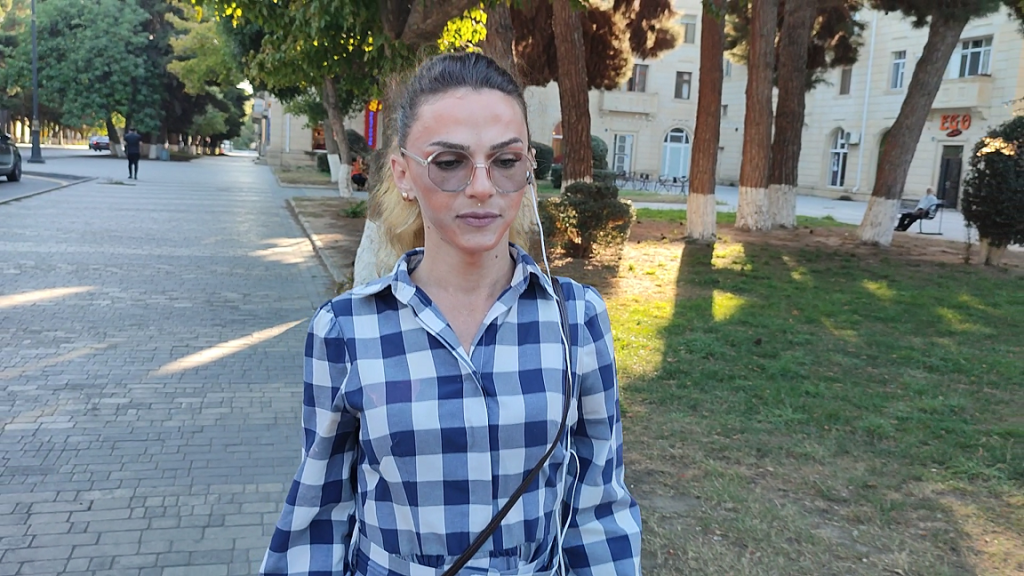
“At school, the teachers didn’t perceive me anymore. It was only because of my gender that they gave me a “three” for a lesson that I knew perfectly. Although another student, who answered worse than me, got an “A” for the same topic, and I helped him do it. In the 9th grade, the teacher said that the director and teachers do not want me to continue my studies at this school, they said take your certificate and leave”.
Lauren, who now works in a beauty salon, says that in some places where she happened to work, after a while managers solicited her sexually. So she has often had to change jobs. But when she started working in beauty salons, she found some peace – because here all the workers are women. Lauren says that there are no problems at her current job, although this happened in the past:
“Once I opened a new beauty salon, but the police harassed me, forced me to close. I was told that Sumgayit is a city where people like me cannot work, they said go and be a prostitute. They thought I would leave Sumgayit, but I had already managed to buy a house here.
“Then they started loitering in front of the business. The boss protected me, so I was able to continue working. When I find a new job, I immediately talk about my gender so that there are no problems”.
“To change the attitude of society towards queers, the state must change”
LGBTQ+ people have gone through different ordeals to gain recognition in different countries, social worker Elnur Musaev says. As a result of this struggle, systemic changes have been carried out:
“The main thing in this process is getting rid of gaps in the legal system. It is necessary to pass laws on gender policy and sexuality. Equality of rights for LGBTQ+ with other citizens should be defined by precise and clear articles of law.”
Despite his youth, Ali Melikov says that in order to change society’s attitude towards queer people, the state must change:
“The police are brutal, but even that brutality is shaped by the state. Although the police themselves in 2017 shaved the heads of transgender women, tortured them with electric shocks, raped them, in fact the state was behind this. Only when a potential attacker knows he will face punishment by the state will anything change.”
In September 2017, large-scale police raids against LGBTQ+ people were carried out in Baku. About 600 people were arrested. Some of them were fined, others got off with warnings, another sixty people received up to thirty days of administrative arrest. Those arrested subsequently stated that they were abused in police stations, insulted, humiliated and tortured.
“There is no special law on the rights of LGBTQ+”
The prohibition of discrimination in Azerbaijan is enshrined in the 25th article of the country’s constitution, but there is no special regulation regarding the rights of LGBTQ+.
There is no separate convention or regulatory framework in international law that protects LGBTQ+ rights, says lawyer Samed Rahimli. LGBTQ+ rights are protected by the prohibition of discrimination under human rights conventions.
“Azerbaijan has assumed obligations under Article 14 of the European Convention on Human Rights. At the same time, it has joined the UN International Covenant on Civil and Political Rights. According to the 2nd and 26th articles, an anti-discrimination rule is stipulated, and on this basis, LGBTQ+ should not be discriminated against either by the state or by other persons, and the state must protect their rights,” the lawyer maintained.
“We must be seen”
Despite all the threats, Ali Melikov believes that LGBTQ+ should come out of the shadows, that they should be seen in society:
“Maybe we will be lined up on Alat-Astara road and shot, but we need to be seen. Because it is our right to speak, no matter how it ends. I think that after all this I should not be silent, because I feel the burden of conscience on my shoulders. After all, so many people in this country died just because of what they said.”
Azerbaijan considered most homophobic country in Europe










